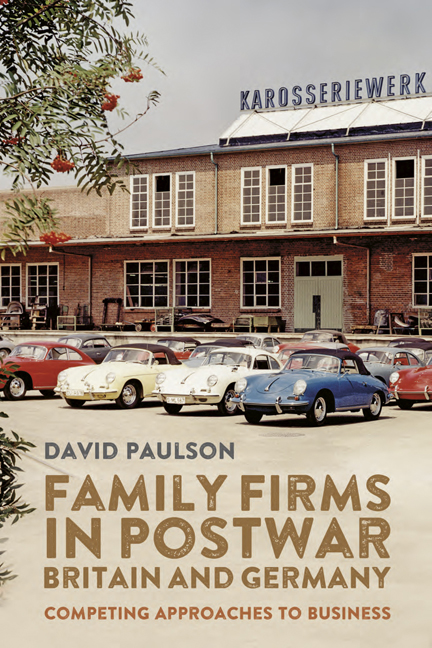11 - Conclusion – A Better Way of Doing Business?
Published online by Cambridge University Press: 10 January 2024
Summary
Purpose, we are told, must be the guiding light of business for the 2020s. Business leaders must look beyond the short-term, shareholder-obsessed ideology of the past fifty years to “rethink what a business is, how it grows and profits, what its purpose is, and how it drives change in the world.” The British Academy and its members urge businesses of all sizes to be guided by their sense of Purpose. Capitalism must be reimagined, with Purpose at the centre of business practice. The leaders of some of America's most dynamic corporations no longer affirm shareholder primacy, but the need to deliver value to customers, invest in employees, deal fairly and ethically with suppliers, and support the communities in which they work. The questions to ask in this Conclusion, therefore, are fourfold. Were fundamental differences evident in post-war business that amounted to two Varieties of Capitalism? Did they arise at the business level alone, or in the intersection between businesses and the external ecosystems in which they operated? Might Purpose, as it is being defined today, have already been evident decades ago in the companies reviewed here? And if it was, do their histories offer any guidance to present-day practice?
First then, did the day-to-day experience of the case-study companies reflect different Varieties of Capitalism? Let us recall Hall and Soskice's five ‘spheres’ from Chapter 1.They provide a convenient framework to compare and contrast each company's history, and to understand whether their separate experiences amounted to the fundamentally different approaches to doing business posited in the VoC debate.
Inter-firm Relations
In their relations with other firms Wandel were internationally successful, despite some operational frustrations, exporting their specialised products through their well-managed representative network and maintaining respectful relations with competitors in their region and within their professional institutions. K&J, in contrast, delivered a high level of operational capability from constantly updated equipment, but sold mostly commodity goods. Sales was an area of pre-war brilliance, with consultative selling and impressive product innovations; for much of the post-war period, though, it was a relative failure, with export success coming only in the mid-1970s.
- Type
- Chapter
- Information
- Family Firms in Postwar Britain and GermanyCompeting Approaches to Business, pp. 290 - 302Publisher: Boydell & BrewerPrint publication year: 2023

